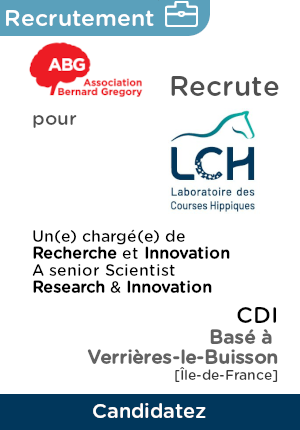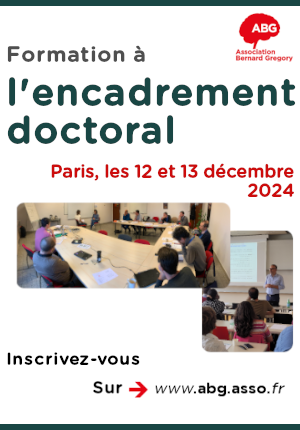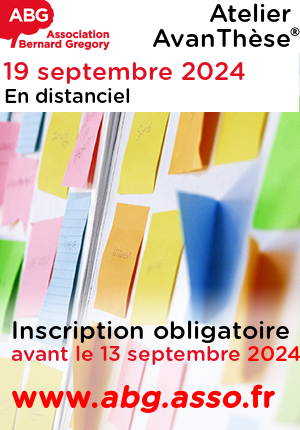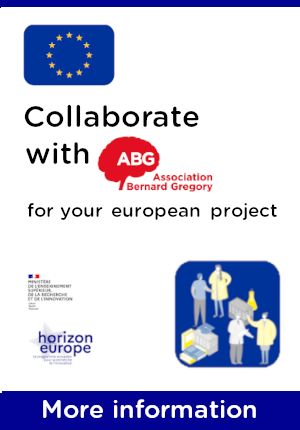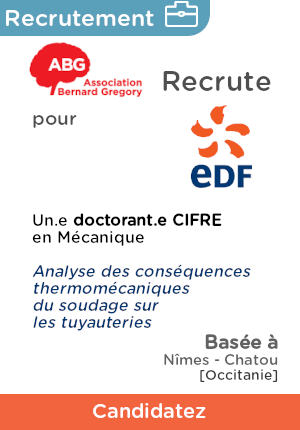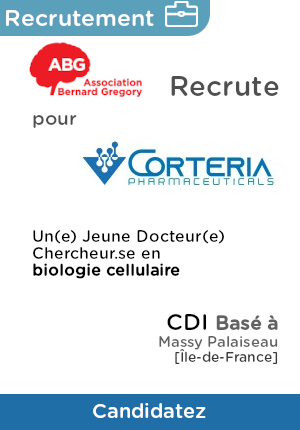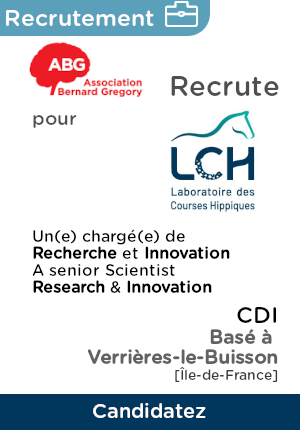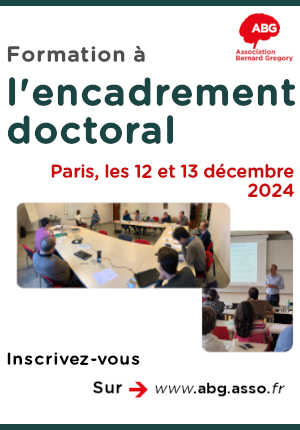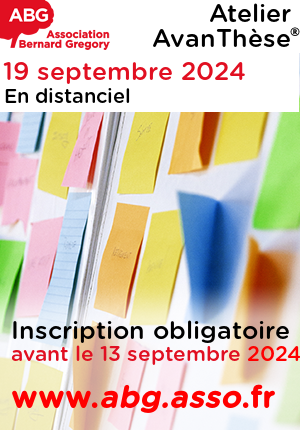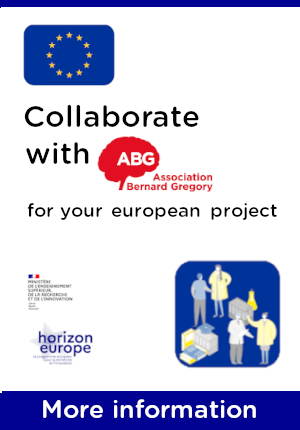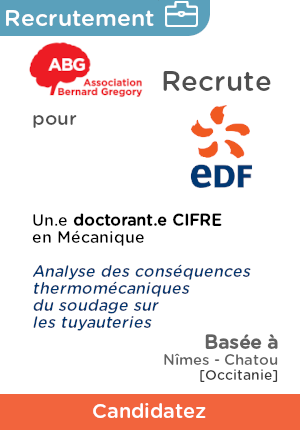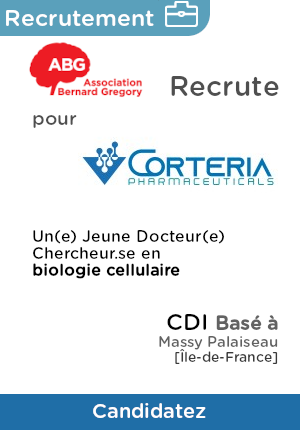PhD position: Fluid Modelling of Distributed System in Swarms of Cyber-Physical Systems (applications on nanosats/drones/autonomous underwater vehicles)
| ABG-124634 | Sujet de Thèse | |
| 15/06/2024 | Contrat doctoral |

- Informatique
- Mathématiques
- Physique
Description du sujet
Context
Swarm of Cyber-Physical Systems (CPS)[1] offer novel opportunities in many emerging application domains, such automated surveillance systems with swarm of drones, dynamic earth observation with (nano-)satellite constellations, deep underwater exploration with swarms of unmanned vehicle[2]. However, CPS swarms introduce multiple non-trivial challenges for both system designers and operators, particularly in terms of complexity and cost of the development life-cycle. In this context, this project aims at providing a novel fluid-model-based methodology to assist system designers and operators in building and evaluating the performance of new distributed system in CPS swarms. To foster the initial research efforts in fluid modelling and simulation, the target methodology will leverage and extend the software library and framework recently developed by B. Chianca in his doctoral project[3].
Our approach relies on a macroscopic modelling (or fluid) of the dynamics of messages exchanged in a network of mobile nodes, computed as the limit over a large number of exchanged messages per unit of time. This approach, which is based on an asymptotic analysis of network messages dynamics, was successfully extended from the doctoral project of A. De Cecco[4], who proposed a fluid modelling of avionics AFDX networks. Such techniques provide simplified yet relevant design of distributed mobile systems that permit greatly reducing the simulation run-time when compared to state-of-the-art simulators[3]. We argue that fluid modelling of distributed system in CPS swarms affords system designers and operators valuable opportunities to promptly verify properties and to estimate the performance of distributed services in mobile, dynamic environments[5].
Proposed research
In this project, we intend to extend our current methodology in order to enable more accurate and flexible distributed systems simulations and performance evaluation reporting in the face of continuously evolving network topologies. For instance, we are particularly interested in accurately reproducing the dynamic performance variations of mobile, distributed inter-processes communications without compromising the overall simulation run-time. The primary goal of research on improving this modelling methodology is to assist not only the design of novel, fault-tolerant distributed systems but also to contribute to enhance resource allocation and mobility within a CPS swarm. Therefore, this study will consider the entire life-cycle of distributed services on CPS swarms, including the development, planning and operations[6]. Consequently, we will pursue the following specific goals in this project:
- Contribute to verify properties of distributed systems w.r.t. mission level planning of motion and navigation of CPS swarms;
- Contribute to the macroscopic modelling of the network dynamics due to unwanted swarm events such as system reconfigurations or different, challenging failures models (including byzantine failures);
- Promptly estimate the performance of distributed systems in CPS swarm in an efficient manner, contributing therefore to the design, planning and operations of emerging services for CPS swarms;
- Develop and release a stable, open source software library and framework for accurate, lightweight simulations of emerging distributed systems atop of CPS swarms.
To reach these goals, we intend to explore both fundamental and applied aspects. To improve our current queueing network model, multiple equations and key parameters should be thoroughly reviewed and tuned properly. Moreover, we aim to validate our modelling methodology by comparing its results with real experiments. To this end, we expect to run experiments with fleets of unmanned aerial vehicles (UAVs), commonly known as drones, in the UAV experimental flight facility of our campus. In addition, we aim to survey and evaluate through extensive simulations a wide variate of CPS swarms, such as swarms of unmanned underwater vehicles or constellations of (nano-)satellites, in close cooperation with our French and foreign partners.
References
[1] Schranz, Melanie, et al. "Swarm intelligence and cyber-physical systems: concepts, challenges and future trends." Swarm and Evolutionary Computation 60 (2021): 100762.
[2] Connor, Jack, Benjamin Champion, and Matthew A. Joordens. "Current algorithms, communication methods and designs for underwater swarm robotics: A review." IEEE Sensors Journal 21.1 (2020): 153-169.
[3] Ferreira, Bruno, et al. "A Lightweight Fluid Model for Mobile Ad hoc Distributed Systems." (2022).
[4] Alexandra de Cecco. "Modélisation Fluide de Réseaux. Modélisation et simulation" (Doctoral thesis). UNIVERSITE DE TOULOUSE; UT3, (2016).
[5] Ferrer, Ana Juan, et al. "Towards a cognitive compute continuum: an architecture for ad-hoc self-managed swarms." 2021 IEEE/ACM 21st International Symposium on Cluster, Cloud and Internet Computing (CCGrid). IEEE, 2021.
[6] Wu, Yu, et al. "Swarm-based 4D path planning for drone operations in urban environments." IEEE Transactions on Vehicular Technology 70.8 (2021): 7464-7479.
Prise de fonction :
Nature du financement
Précisions sur le financement
Présentation établissement et labo d'accueil
The proposed research will be developed in the ENAC research laboratory in close cooperation with Onera. Onera, the French Aerospace Lab, and ENAC, National School of Civil Aviation, are both located in Toulouse, France, the centre of the European aerospace industry. Our research laboratories offer ideal working environments, where researchers can focus on developing new ideas, collaborations and projects.
Our research topics at ENAC Lab include emerging CPS design (e.g., drones and nanosatellites), aviation safety and security, sustainable transportation development, and aeronautical computer-human interactions. For further information, please refer to http://www.enac.fr/en/enac-lab.
Intitulé du doctorat
Pays d'obtention du doctorat
Etablissement délivrant le doctorat
Ecole doctorale
Profil du candidat
Candidates to this position should hold a Master's degree in Computer Science/Informatics, Mathematics, Physics or a related field by the starting date of the PhD. They must be excited by research in distributed systems, distributed algorithms, computational fluid dynamics, and/or programming languages, and should have an excellent academic record in one of these areas. Familiarity with queueing network model and differential equations would be appreciated. Teamwork and communication skills are key to this position, and industrial experience is a plus.
Excellent proficiency in English is required (CECR : C1; IELTS : 7.0; Cambridge English Scale : 185; or equivalent).
Knowledge of French is not required.
Vous avez déjà un compte ?
Nouvel utilisateur ?
Vous souhaitez recevoir nos infolettres ?
Découvrez nos adhérents
 ANRT
ANRT  Institut de Radioprotection et de Sureté Nucléaire - IRSN - Siège
Institut de Radioprotection et de Sureté Nucléaire - IRSN - Siège  Nokia Bell Labs France
Nokia Bell Labs France  CASDEN
CASDEN  MabDesign
MabDesign  ADEME
ADEME  MabDesign
MabDesign  CESI
CESI  Ifremer
Ifremer  TotalEnergies
TotalEnergies  Laboratoire National de Métrologie et d'Essais - LNE
Laboratoire National de Métrologie et d'Essais - LNE  ONERA - The French Aerospace Lab
ONERA - The French Aerospace Lab  Tecknowmetrix
Tecknowmetrix  Groupe AFNOR - Association française de normalisation
Groupe AFNOR - Association française de normalisation  Institut Sup'biotech de Paris
Institut Sup'biotech de Paris  Généthon
Généthon  PhDOOC
PhDOOC  Aérocentre, Pôle d'excellence régional
Aérocentre, Pôle d'excellence régional  SUEZ
SUEZ
-
EmploiCDIRef. ABG123642Laboratoire des Courses Hippiques (GIE LCH)Verrières-le-Buisson - Ile-de-France - France
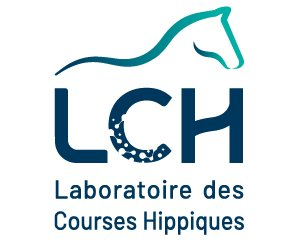
Chargé(e) de Recherche et Innovation (H/F) / Senior Scientist Research & Innovation (M/F)
Chimie - BiochimieConfirmé -
EmploiCDIRef. ABG124941Corteria PharmaceuticalsMassy-Palaiseau - Ile-de-France - France

Jeune Docteur, Chercheur en Biologie Cellulaire & Moléculaire (H/F)
BiologieNiveau d'expérience indifférent -
EmploiCDDRef. ABG125071KTHStockholm - Suède
ERC-funded postdoc position on the detection of gas-phase organic radicals, KTH, Stockholm, Sweden
Chimie - Physique - Sciences de l’ingénieurNiveau d'expérience indifférent

